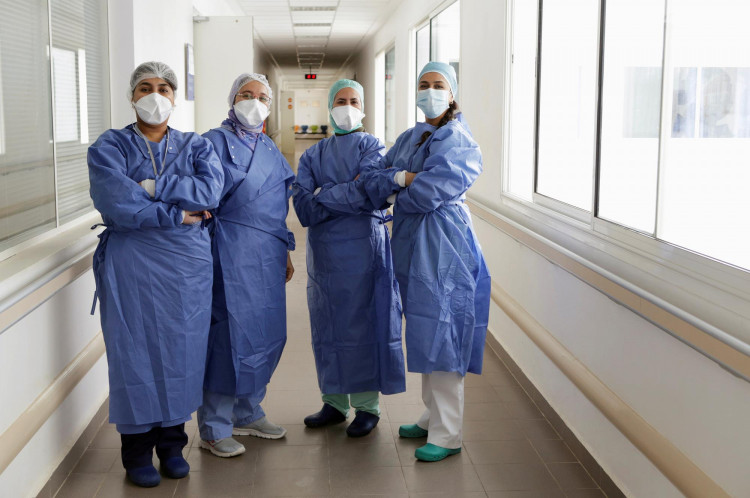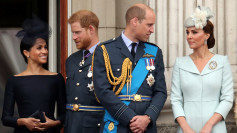Morocco announced that it had procured 65 million doses of coronavirus vaccines from Sinopharm of China and AstraZeneca of the UK, as the country gets set to carry out a large-scale immunization program that targets to vaccinate 80 percent of its adult population.
In total, Moroccan King Mohammed VI has pointed out that the country is looking to immunize 25 million of its 36 million population. Those shots will be administered for free.
The government has registered the second biggest number of COVID infections in Africa. Based on figures compiled by Johns Hopkins University, Morocco has tallied 428,000 cases and over 7,000 fatalities.
The inoculation campaign will kick off with Sinopharm's vaccine, although the treatment has not yet completed its Phase 3 clinical tests intended to guarantee safety and effectiveness. The vaccine has been granted emergency use approval in selected countries.
Frontline medical staff, public officials, teachers, security services, and those with serious illnesses will be prioritized in the first leg of immunization.
Hassan II University virology department director Mustapha Ennaji Moulay and a member of the government's coronavirus health panel said that regulators are examining the Sinopharm vaccine's documentation and that the inoculation drive may start in the next few days.
Morocco also plans to locally manufacture the Chinese vaccine, although its first shipments will arrive from China. AstraZeneca's vaccine has not yet been approved but is continuing late-stage tests in Britain and the United States.
While Morocco has been vowing to undertake massive immunizations since early November, Health Minister Khalid Ait Taleb said preparations had reached a "very advanced" phase.
Taleb also said that health officials were implementing simulations at all vaccination centers to avoid any hindrances that may come out in the implementation of the COVID-19 inoculation program.
As a safety measure to contain the spread of COVID during New Year's festivities, local officials ordered a ban on private and public gatherings, shut down food establishments, and enforced a curfew that went into effect Wednesday night and is expected to last until the second week of January.
Meanwhile, a mutated virus variant sweeping across the UK is 56 percent more contagious on average compared to the original strain, health experts have warned in a new study, calling for immediate vaccine distribution to help aver more sickness and deaths, Bloomberg News reported.
The mutation has raised worries that clinical trials and vaccines might be less effective against the virus. However, the UK's health officials said the strain might not be different from earlier variants to withstand Pfizer and BioNTech's shot.






